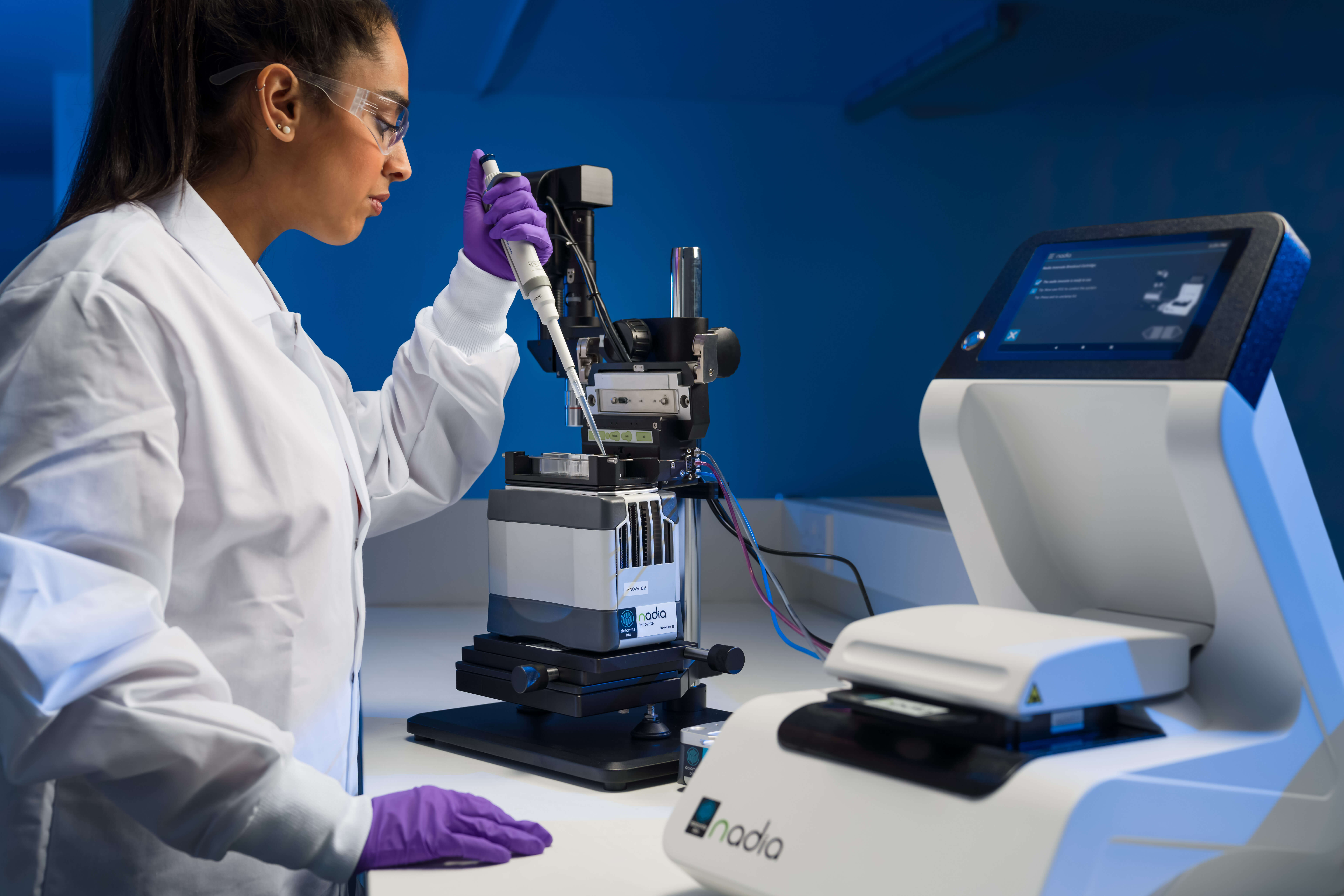Single-cell RNA-sequencing (scRNA-seq) is a cutting edge innovative technology that provides unprecedented insight into the expression patterns of thousands of single cells. Individually analyzing thousands of single cells from a tissue can vastly improve the understanding of biological systems to derive vital information about diseases and immunity. But to get the most out of this powerful tool, we explain why having flexibility is so important for future development in the market and in enabling users to do so much more in single cell research.
New applications and protocols
Doing standard scRNA-Seq is just one possibility. There are many applications and developments in the emerging single cell world. Having the ability to develop these yourself or adopt new published protocols and applications is now a possibility. Be the first to adopt new developments and be in control of your single cell research. Once new protocols are developed and optimized on one chip they can then be scaled to run bigger sample sizes on multiple chips.
Optimize your single cell sequencing
Ever wanted to optimise your single cell experiment to generate better quality single cell data? By changing a number of parameters to suit your experiment, this is now a possibility. Adjust droplet-size, frequency, droplet components, temperature and cell and bead agitation and visualize your droplet junction to create the ideal conditions for your research enabling first class single cell data to be produced.
Scalability
Depending on how many single cell samples you want to run, flexibility in the number of chips used is needed. Having the ability to run 1, 2, 4 or 8 samples in parallel increases the throughput and caters for almost any sample size and number. This gives flexibility in your sample size that can be used, and the type of single cell research undertaken.
Open to the future
New methods and applications using single cell principles are continuously being developed – who knows where we will be in the single cell world in 5 years! With the introduction of sNuc-Seq last year, it was evident just how quickly single cell protocols are developed and adopted. Having versatility in your single cell research is so important as it enables you to develop new ways of working. Ensuring you have a single cell solution that is open to the future is also essential in this process. This will give you the opportunity to keep your system open for future development and discoveries and with the development of application specific chips you will never be left behind.
Another nice feature of the Dolomite Bio system is that it’s quite flexible. This allows you to develop your own protocols, and we have been able to optimize the chemistry and our libraries to perfectly match our downstream processes
Please contact us today, if you want to find out how to make your single cell research more flexible


